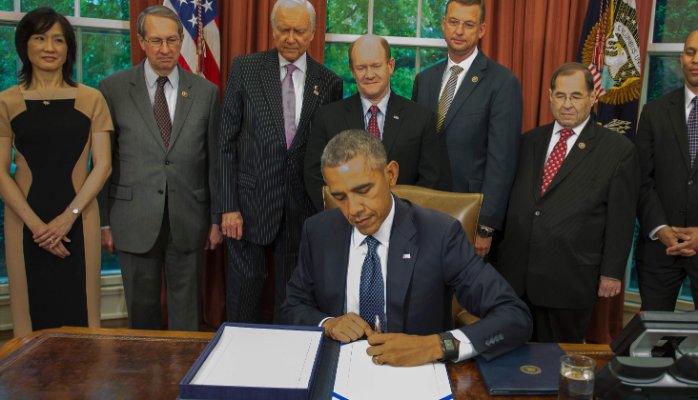Here we go again. Last week, police detained three employees of Taiwanese smartphone-maker HTC, raided their homes and offices and seized their computers and cellphones to search for evidence, as HTC is accusing them of stealing sensitive technology to use in competition with HTC in China.
The three men – a vice president of product design, director of R&D, and senior designer – are accused of stealing secrets relating to HTC’s Sense 6.0 smartphones, which are scheduled for launch later this year. While the investigation is just beginning, reports have accused the three of collaborating with officials in Chengdu, China to form a competing smartphone company in China using the secrets stolen from HTC. They are also accused of defrauding HTC out of more than US$650,000, by use of forged documents, apparently to raise capital for their new venture.
Taiwan has seen similar cases before. In 2012, the nation’s second largest LCD panel-maker, AU Optronics (AUO), sued two of its former high-level executives for stealing trade secrets, which they took to their new employer, a major competitor in China. In 2011, Taiwan IC-design company, MediaTek, sued a former employee for stealing secrets and sharing them with his new employer. And, most famously, Taiwan Semiconductor Manufacturing Co. (TSMC) battled with its Chinese rival, Semiconductor Manufacturing International Corp. (SMIC), for almost a decade over allegations that SMIC poached numerous employees, who stole critical information that SMIC used to illegally manufacture competing products. Continue reading →

